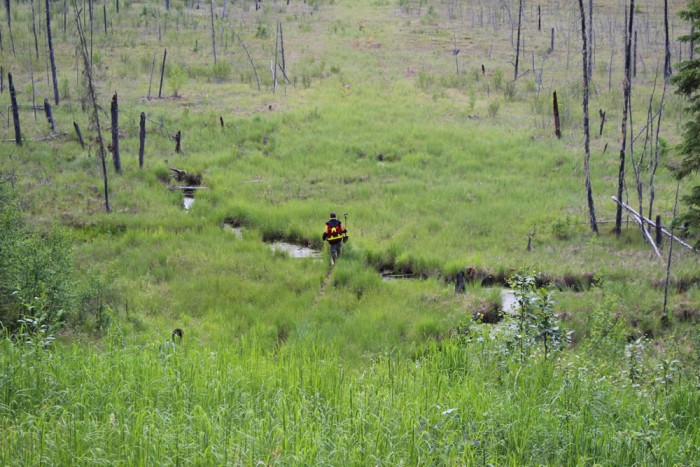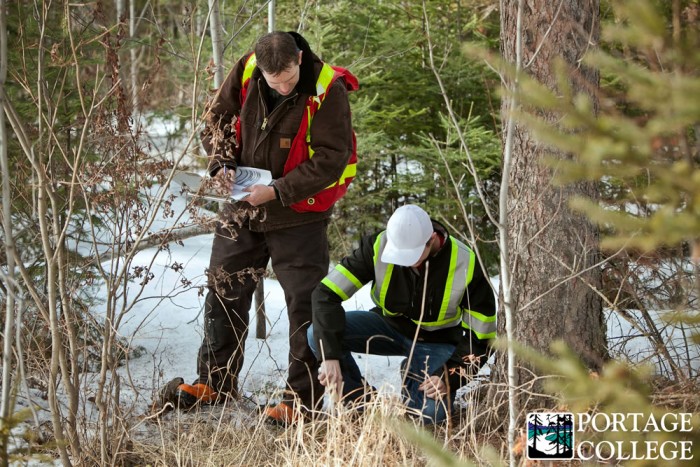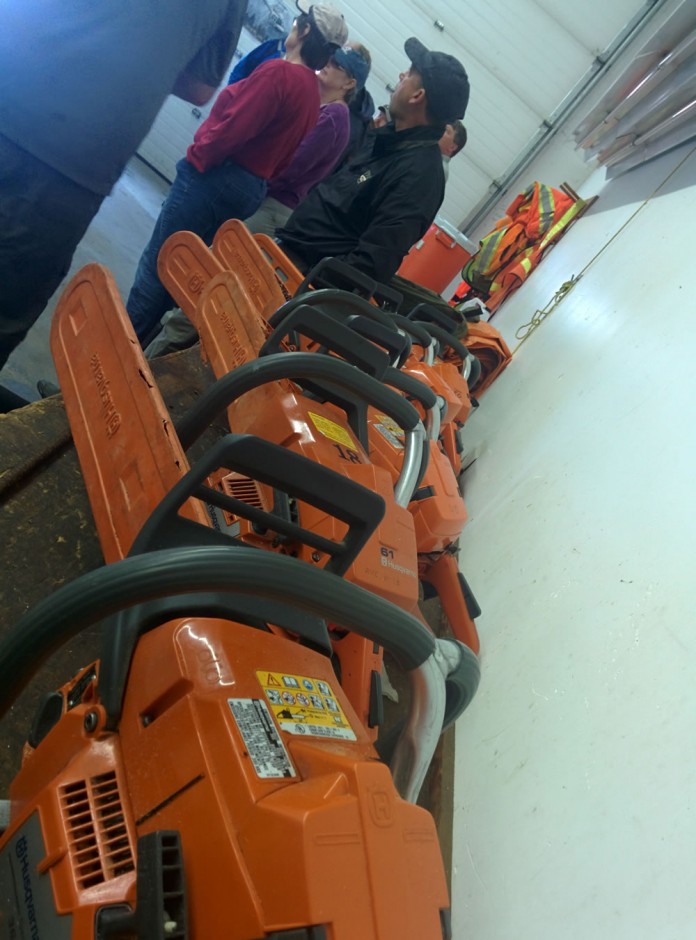Looking for a job where you are guaranteed to spend time in the outdoors? Consider becoming a natural resource technologist.
A natural resource technologist (NRT) has a strong interest in the outdoors. As an NRT you are pretty well guaranteed to be a jack-of-all-trades outdoors person. NRTs are equipped with the tools to tackle the world’s most critical and contemporary environmental issues. Your daily commute may be by truck, ATV or helicopter. Your daily tasks will be extremely varied from regular maintenance checkups to middle of the night emergency calls. As an NRT you’re always exploring new means to implement sustainability and environmental stewardship.
What does it take to become a natural resource technologist?
To start you will need to harbour a strong interest in the environment and natural resources. Next, you will need a high school diploma supplemented with courses in English, Biology, Chemistry, and Math. After that you have your choice of three locations in Alberta to be trained as an NRT: Portage College, Lakeland College, and NAIT. Attending courses at these colleges will be very informative.
Here is a small sample of the topics you will learn about in an NRT program:
Wildlife Biology – species identification, habitat assessment, handling and banding wildlife, and remote sensing
Survey/Map/Inventory – aerial photo interpretation, orienteering, surveying, GPS and GIS
Fish and Aquatic Sciences – fish ID, water quality monitoring, aquatic habitat management
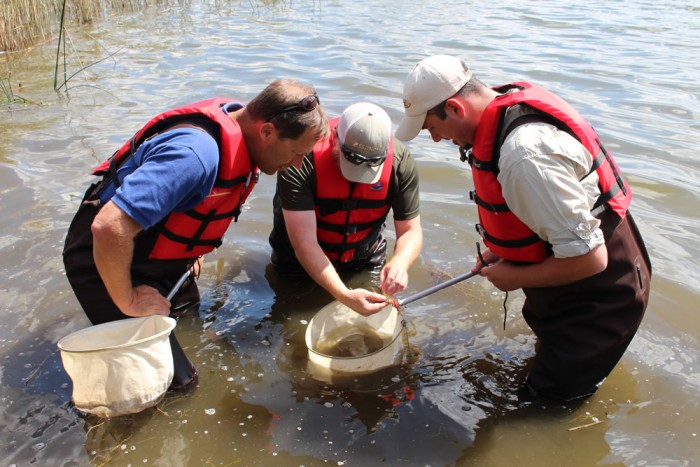
Forest Science – dendrology, forest management, silviculture, forest mensuration
Biological Science – ecology, botany, soil science, genetic techniques
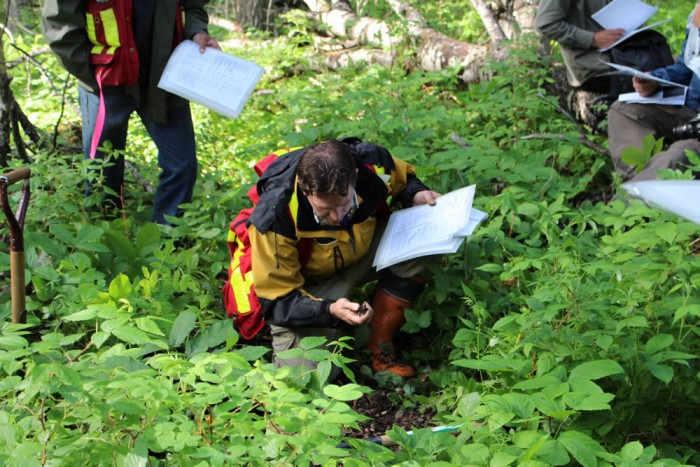
Social Science – public relations, law enforcement/policy, outdoorsmanship (first aid, survival, field safety)
Mechanics – operation of ATVs, chainsaws, power tools, powerboats
All of these topics are jam packed in a high intensity two year course.
When asked what it takes to be a good NRT, Gerald Redmond of Maritime College of Forest Technology responded “Fire in the Belly. A love for working with wildlife and a passion to work in the outdoors translates to a good outcome”. Dwaine Oakley of Holland College agreed, furthering “Well rounded field skills and an attention to quality data make for a great technologist”.
Becoming an NRT requires a broad understanding of the many tools and concepts required for field data acquisition. One day you could be setting up a wildlife camera to calculate a wolverine population, the next day you could be sifting through soil or measuring a tree stand. It really is a diverse field of work. Attending a post-secondary program in NRT will set you up for success in the field and at the jobsite. “Over the course of a program, students will develop the competency to function autonomously in the field while collecting high quality data” – Brian Gilbert, Spokane Community College.
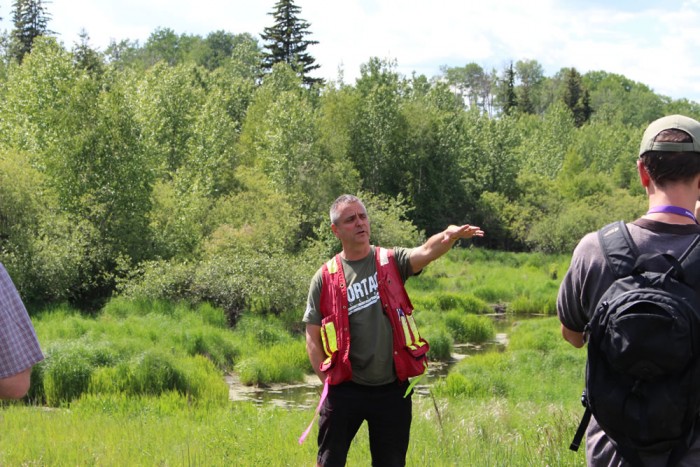
If you think performing a wide range of tasks in a variety of outdoor settings sounds like a dream job, consider becoming a natural resource technologist.
Check out these links for more information:
Portage – Natural Resources Technology
